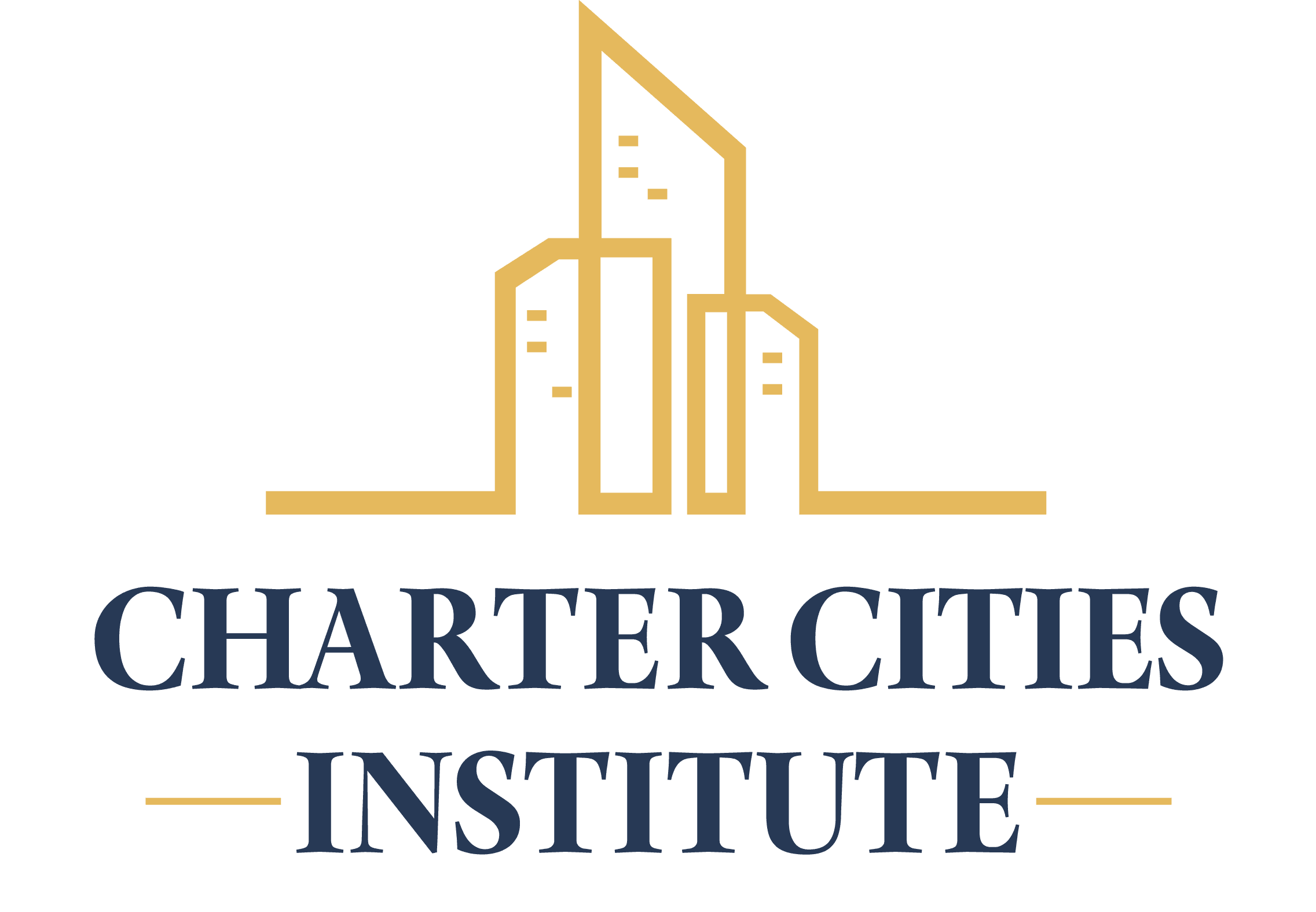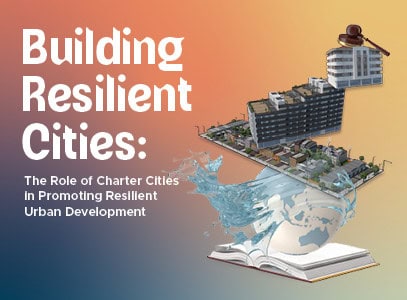See Part 2 of this two part blog series on monetary issues here.
It is widely accepted that macroeconomic stability is an essential precondition for sustainable economic growth. As the gatekeeper of the money supply, a state’s central bank often plays a particularly important role in implementing monetary policy to meet a variety of macroeconomic objectives – such as low inflation, high employment, and currency stability – which are necessary to support a healthy economy.
Many scholars have argued that it is desirable to maintain a degree of separation between the central bank and the both the legislative and executive branches government, for a number of reasons: independence may ensure that partisan political agendas do not factor into bank decisions; an autonomous bank operating under streamlined policy processes and mandated goals may be able to more efficiently enact monetary policy; and separation from political influence may increase bank transparency and accountability. Furthermore, central bank independence allows firms and investors to reliably predict how the state will implement monetary policy, which increases market confidence and supports a more stable financial environment.
However, establishing central bank independence comes with a massive set of challenges, especially in developing nations where a volatile political environment may undermine the integrity of bank independence, allowing the national government to encroach upon central bank authority. In the absence of stable domestic institutions, some states have opted to divest monetary power from the national government altogether, and instead grant it to either a supranational authority, such as a monetary union, or – in extreme cases – another country’s central bank through currency substitution, or dollarization.
It is interesting to consider that charter cities may offer another option: devolving monetary authority to a sub-national entity, in order to establish a ‘haven’ of macroeconomic stability to attract investment and usher in economic development for the nation at large. Charter cities are a powerful tool for development, and at first consideration, the premise of devolved monetary authority seems to hold potential. However, at best, establishing an independent monetary authority for charter cities will likely face huge political backlash, and at worst, undermine macroeconomic stability in the host nation.
Politics, Pride, and Constitutional Provisions
The political obstacles to establishing monetary autonomy for a charter city are immense. From the outset, one must consider where the monetary authority is situated within the existing institutional structure of the host country. If the national government has significant influence over central bank decision-making – either de facto or de jure – it may be extremely difficult to wrest localized monetary authority from the hands of powerful elites who have a vested interest in maintaining complete control over the money supply. In some countries, manipulation of the money supply may be used as a partisan tool to maintain popular support. For example, Sami Alpanda and Adam Honig have found evidence that before an election, politicians in developing countries have used the power of the central bank to lower lending rates and increase available funds to stimulate the economy and garner voter support, even if it is not the economically responsible policy decision. While this is certainly evidence of why monetary autonomy for charter cities is desirable, the inherent power of the central bank may make political elites unwilling to devolve monetary authority to another entity.
Oftentimes, a sovereign state’s currency is also a source of national pride. For evidence of this, one needs to look no further than the portrait of George Washington on the one-dollar bill, or of Sir Seretse Khama on the 20 pula note in Botswana. For many countries, currencies may be an expression of their national history, creating a sense of identity and unity among citizens who share a common story. A politician who seemingly abandons that currency may be more likely to lose popular support; knowing this, most politicians may be unwilling to champion legislation to localize monetary authority to a charter city, particularly if the currency of another nation is adopted in its stead.
Finally, many countries have adopted constitutional provisions which explicitly bar the circulation of tenders other than the one printed, minted, and issued by the primary monetary authority. For example, the Constitution of Kenya explicitly grants power to the country’s central bank, and the subsequent Central Bank of Kenya Act allocates it the sole authority to “issue notes and coins in Kenya” with the additional provision that “only those notes and coins shall be legal tender.” Although some nations may have laws and constitutions which are more flexible or malleable than others, the necessity of passing a constitutional amendment which allows for the adoption of a new currency will likely hinder the establishment of an autonomous city-level monetary authority.
Evolutionary Economics and the Perils of a Dual-Currency System
The economic benefits of establishing monetary authority within a charter city are unlikely to outweigh the externalities and risks which the host country may incur. In reality, it is quite difficult to glean the full scale of the potential economic advantages and consequences of such an arrangement, largely because there is a marked lack of precedent.
The small set of cases in which monetary authority has been successfully delegated to a sub-national authority – such as in Hong Kong and Macao – have come to fruition as the result of complex historical processes. Devolved monetary authority in Hong Kong and Macao and the resulting tri-currency system has not undermined the macroeconomic stability of the Chinese economy because both territories were transferred to mainland rule with intact institutions and an established, stable monetary authority; furthermore, China also had the institutional capacity to ensure that its own monetary system maintained integrity after the integration of these two territories. It is important, too, not to underestimate the role of geography in these two scenarios. The same conditions are unlikely to exist in developing nations today and carving out monetary authority from a sovereign state with unstable institutions may do more harm than good.
Adopting a dual-currency system – which is the inherent result of granting monetary authority to a charter city – is likely to undermine existing institutions and exacerbate macroeconomic instability in the host nation, regardless of whether the sub-national monetary authority chooses to implement a floating exchange rate, a currency board, or dollarization. Of these three monetary arrangements, dollarization may offer the most attractive set of benefits: elimination of currency risk; reduced, stable inflation; fewer barriers to financial integration with the global economy; smoother cross-border transactions; and transparency and accountability of monetary authorities. However, because the monetary regime of the entire nation is not being replaced in full, dollarization of a charter city is necessarily a form of partial dollarization, which has, historically, proven to be a bad idea.
For one, if both an unstable domestic tender and a hard currency are simultaneously in circulation, the latter may eventually edge out the former as demand for the hard currency increases. The International Monetary Fund (IMF) observes that “rising hard currency stocks crowd out domestic currency balances and introduce instability in the domestic currency demand relationship…low initial confidence in the domestic currency raises the demand for hard currencies, which results in a high domestic premium over domestic currency.” Dollarization of a charter city will almost certainly spill over into the host nation, especially as the charter city grows and becomes a hub of economic activity. The result may be the crowding out the domestic currency if use of the hard currency becomes widespread throughout the nation.
The case of Ecuador offers a particularly good example of how pervasive semi-dollarization can undermine macroeconomic stability in the face of a depreciation in the real exchange rate of the domestic currency. During the 1980s and 1990s, use of the dollar spread rapidly through Ecuador, as globalization and modernization took hold of the country and citizens sought a stable currency with which to build their wealth. As a result, when a series of massive external shocks hit the Ecuadorian economy between 1997-1998, precipitating a depreciation in the exchange rate of the sucre, the central bank found itself ill-equipped to manage the macroeconomic consequences of the de facto dual-currency system. Economist Paul Beckerman explains:
Once exchange-rate depreciation got under way, semi-dollarization made them more explosive, first because it directly increased the sucre equivalent of the money supply’s dollar component, and then because borrowers’ unmatched positions meant that depreciation increased non-performing loans and reduced service payments. Once depositors realized that the banks were in difficulties, they increased withdraw pressure – and, to the extent they withdrew from dollar accounts, exchange-rate depreciation swelled the sucre equivalent of what they could withdraw.
If dollarization were to be adopted with a charter city’s jurisdiction, and inadvertently spread throughout the host country, external shocks or poor monetary policy decisions which lead to a depreciation in the exchange rate of the domestic currency may have similar macroeconomic reverberations for the nation at large. This would not only undermine development efforts within the state, but it may also undermine economic growth within the charter city itself.
Finally, even if the host nation were to grant concessions and accept the risks of a dual-currency system, establishing the institutional capacity to maintain such an arrangement within a charter city poses an entirely new Pandora’s Box of challenges. Clear legislation is a necessary precondition. A sound banking system is absolutely essential. Vast currency reserves must be accumulated to avoid a liquidity crisis and insulate against external shocks. The roll-out process would have to occur gradually, and scale carefully. In sum, the monetary authority must establish itself as a trustworthy institution if it is to gain the confidence of citizens and investors, amounting to a tall order indeed.
Constraints Offer Space for Creativity
The obstacles to creating an independent monetary authority for charter cities may simply prove too large to overcome, the benefits too insignificant to make the grueling process worthwhile, and the potential for economic disaster too great to chance. Nonetheless, the problem remains: monetary policy contingent on political instability is likely to create macroeconomic volatility which perpetuates currency risk and undermines development efforts both within charter cities, and in the nation at large. For this reason, creativity and innovation are essential.
In the future, there may be potential for central bank-backed e-currencies – which are currently being developed in many countries, such as China – to make a significant impact on how monetary policy in developing nations is implemented. Additionally, the use of cryptocurrencies in charter cities may be a subject worth exploring further, even if such an initiative is likely to face similar political hurdles – as some countries bar the use of cryptocurrencies for transactions settled within the state – and a host of additional economic and financial difficulties.
For now, there are a variety of financial tools and strategies that may be employed to protect investors against currency fluctuations, such as currency swaps or futures contracts; however, charter cities offer the unique opportunity to experiment with creatively-structured financial institutions, which may offer a more interesting solution. For example, Zimbabwe has recently opened the Victoria Falls Stock Exchange, which trades exclusively in US dollars, so as to mitigate currency and settlement risk and attract investment.
Ultimately, the goal – and the challenge – for charter cities is to create more trustworthy institutions which harness the power of urban centers to stimulate economic growth and lift citizens to a higher standard of living. Establishing independent monetary authority within the charter city is unlikely to be conducive to those ends, and has the potential to actually work in opposition to economic development; consequently, alternative solutions must be explored. The constraints are certainly significant, but that only means creativity has room to flourish.







